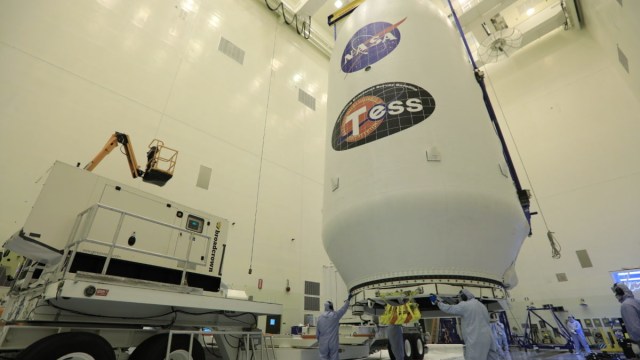This 1997 Jeff Bezos interview proves he saw the future coming

- Jeff Bezos had a clear vision for Amazon.com from the start.
- He was inspired by a statistic he learned while working at a hedge fund: In the ’90s, web usage was growing at 2,300% a year.
- Bezos explains why books, in particular, make for a perfect item to sell on the internet.
“What’s really incredible about this is that this is day one. This is the very beginning. This is the Kitty Hawk stage of electronic commerce.”
– Jeff Bezos
A number of the billionaires of today made their money by having the foresight while the web was still in its infancy. None were more successful than Jeff Bezos, the founder of Amazon.com and now the richest man in the world (at least until his divorce goes through).
In a 1997 interview, the year when he first became a millionaire by raising $54 million from Amazon’s IPO, Bezos relates the story of how he came up with the idea for the online juggernaut. He was in New York City in 1994, working for a qualitative hedge fund, when he came across the “startling” statistic that “web usage was growing at 2,300 percent a year.” This inspired him to look for a business plan that would “make sense in the context of that growth.”
After making a list of 20 different products to sell online, he picked books as the best one to orient the business around. Why books? Because unlike other products, there are “more items in the book category than any other category by far.”
“Attention is the scare commodity of the late 20th century,” says Bezos.
How Jeff Bezos calculated success
He compared books to music, the number two best item for the web. Bezos pointed out that at any given time there were 200,000 CDs “active” worldwide (let’s not forget this was 1997). But at that same time, there were 3 million books “active in the book space” in different languages, with more than 1.5 million in English alone.
The genius of recognizing the unique potential of an online bookstore that Bezos says “couldn’t exist any other way” was complemented by his vision in how to actually make such a store work. His company only kept an inventory of a couple of thousand bestselling books while having access to 400,000 others from an electronic network of wholesale distributors. These “almost in time” titles would be available within a day. Amazon also made a deal with another 20,000 publishers to have access to 1.1 million titles, which would take a couple of weeks to get. They also thought of how to connect to a million out-of-print titles by connecting with appropriate dealers.
Digital thinking in the print age
The Amazon founder also explained how his company would continue to capture people’s attention amid the glut of information. His secret? Doing something “new and innovative”, creating an online business the likes of which did not exist, that “actually has real value for the customer.” Doing that creates marketing opportunities from newspapers and generates “huge” positive word of mouth that helps grow the business. In the first year, all growth for Amazon was fueled by word of mouth and media exposure, not ads. In fact, as far as ads, in 1997 he expressed a preference for online ads versus traditional paper ones since the digital ones were much easier to track and quantify. He called it a marketing “Nirvana”.
“What’s really incredible about this is that this is day one. This is the very beginning. This is the Kitty Hawk stage of electronic commerce,” said Bezos.
In the end of the interview, Bezos also made a prediction for a millennium from now, saying that we’re going to find out that “people will look back and say the late 20th century was a great time to be alive on this planet.”
Check out the full interview here.





